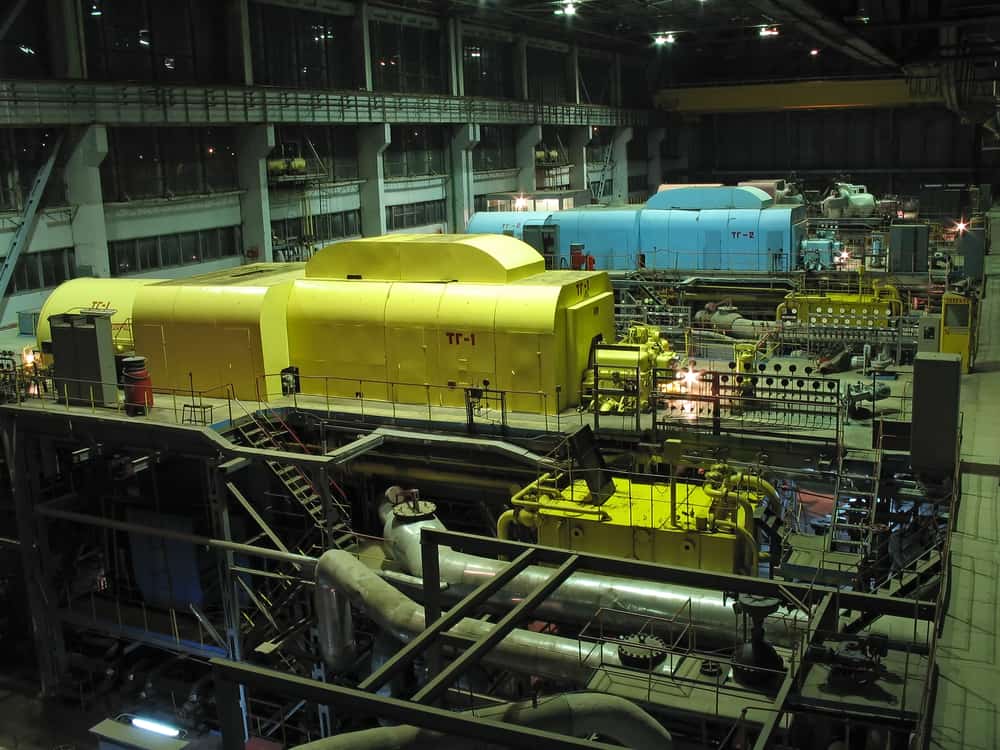Other alternatives to gasification are energy-producing technologies that are more sustainable, renewable, and less polluting than traditional fossil fuels.
Gasification is a process that converts organic or fossil fuel-based carbonaceous materials into carbon monoxide, hydrogen, and carbon dioxide. The process involves reacting the feedstock material with oxygen and steam, either with or without a catalyst. This process can result in a fuel gas with a higher heating value than the original feedstock material. This higher heating value is due to the higher temperatures that gasification can reach than direct combustion. In direct combustion, fuel is burned in the air, and the air’s temperature limits the combustion process’s temperature.
Gasification, on the other hand, helps raise the fuel gas’s temperature so that it can be combusted at a higher temperature than in direct combustion. This higher-temperature combustion process increases the thermodynamic upper limit to the efficiency defined by Carnot’s rule, thus increasing the fuel gas’s overall efficiency. Additionally, the fuel gas produced from gasification can generate electricity through a turbine or engine, making it even more efficient than direct combustion.
The Other Alternatives to Gasification
These technologies include solar, wind, geothermal, hydroelectric, and biomass. Solar and wind energy convert sunlight and wind, respectively, into electricity used for various purposes, including powering buildings and vehicles. Geothermal energy uses the heat contained in the Earth’s crust to generate electricity. Hydroelectric energy uses the power of falling or flowing water to turn turbines and generate electricity.
Biomass energy captures the energy contained in organic material, such as wood, and converts it into usable energy. Alternative energy technologies are more sustainable than fossil fuels, although they should be routinely reviewed to gauge their environmental impact.
Alternative energy produces valuable energy without undesirable consequences, such as high carbon dioxide emissions, other particle emissions, and pollutants. According to the Intergovernmental Panel on Climate Change, fossil fuels contribute to anthropogenic (man-induced) climate change. Alternative energy is not necessarily “renewable,” so analysis and the entire life cycle should accompany any comparison. Below are links to pages with a few other gasification options with downloadable information.


